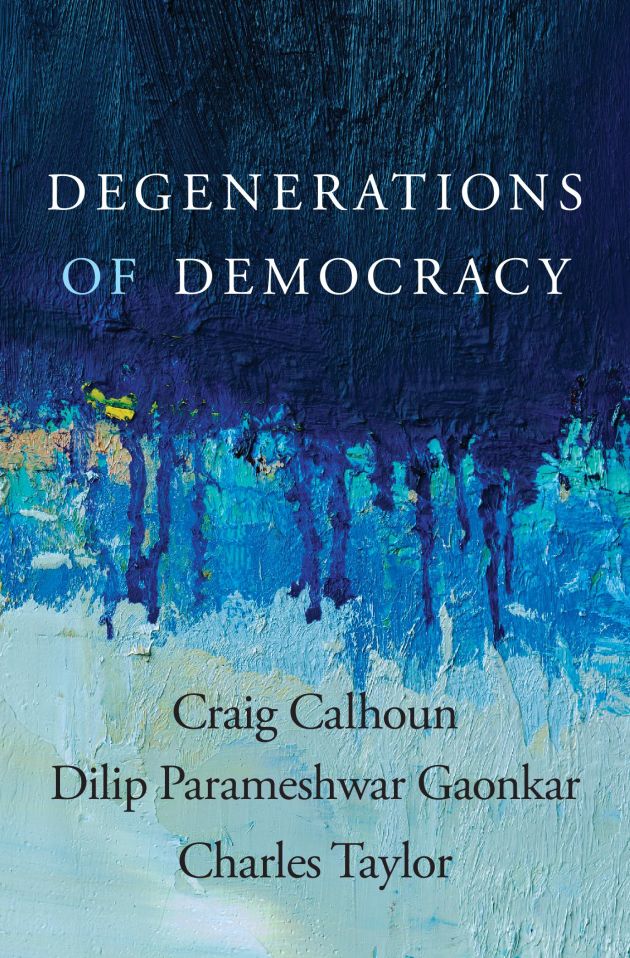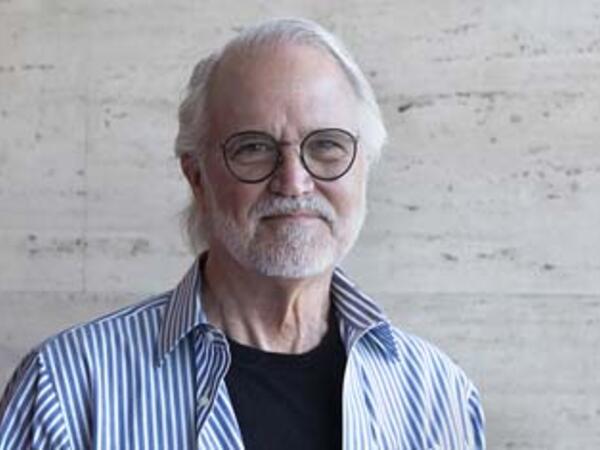Degenerations of Democracy

Three leading thinkers analyze the erosion of democracy’s social foundations and call for a movement to reduce inequality, strengthen inclusive solidarity, empower citizens, and reclaim pursuit of the public good.
Democracy is in trouble. Populism is a common scapegoat but not the root cause. More basic are social and economic transformations eroding the foundations of democracy, ruling elites trying to lock in their own privilege, and cultural perversions like making individualistic freedom the enemy of democracy’s other crucial ideals of equality and solidarity. In Degenerations of Democracy three of our most prominent intellectuals investigate democracy gone awry, locate our points of fracture, and suggest paths to democratic renewal.
(hup.harvard.edu)
Book Reviews and Responses
Degenerations of Democracy does not provide any straightforward answer to [the crisis of democracy]… It does however offer a vital and significant basis for thinking about the complexity and often contradictory nature of our contemporary democratic crisis and how we might transform the contestations it is provoking toward new democratic directionsDoubling Democracy Sawyer, Stephen W. “Doubling Democracy.” The Tocqueville Review/La Revue Tocqueville 45, no. 2 (2024): 204–11. Published by the University of Toronto Press.
Projects
Craig Calhoun’s current research focuses on contemporary transformations, and possible futures: for the political economy of the modern world-system, for universities and knowledge institutions, for democracy, and for shifting structures of social solidarity from local communities to nations, transnational relations, and the reorganization of regions. More philosophically, he is exploring the relationship between transformation and transcendence in understanding human existence itself.
Publications
Craig Calhoun is the editor, with Benjamin Fong, of The Green New Deal and the Future of Work (Columbia University Press, 2022) and, with a group of his former students, of the most widely used anthologies of Classical and Contemporary Sociological Theory (Blackwell, 4th ed, 2022). He is the author of nine earlier books including Neither Gods nor Emperors: Students and the Struggle for Democracy in China; Critical Social Theory: Culture, History, and the Challenge of Difference; Roots of Radicalism and Does Capitalism Have a Future? (with Immanuel Wallerstein, Randall Collins, Georgi Derluguian and Michael Mann), has edited more than twenty more, and published over 150 peer-reviewed papers, articles and chapters.
Calhoun, C. J. (1980). Democracy, Autocracy, and Intermediate Associations in Organizations: Flexibility or Unrestrained Change? Sociology, 14(3), 345-361. https://doi.org/10.1177/003803858001400301

Biography and CV
Craig Calhoun is a comparative and historical sociologist, social theorist, and scholar, known for his interdisciplinary work in anthropology, communications, economics, history, international studies, political science, philosophy, and science and technology studies. His latest book, “Degenerations of Democracy,” co-authored with Charles Taylor and Dilip Gaonkar, was published by Harvard University Press in 2022. He edited “The Green New Deal and the Future of Work” with Benjamin Fong (Columbia University Press, 2022) and has collaborated with former students to create widely used anthologies covering classical and contemporary sociological theory. Calhoun has authored nine books and published over 150 peer-reviewed papers, articles, and chapters.
